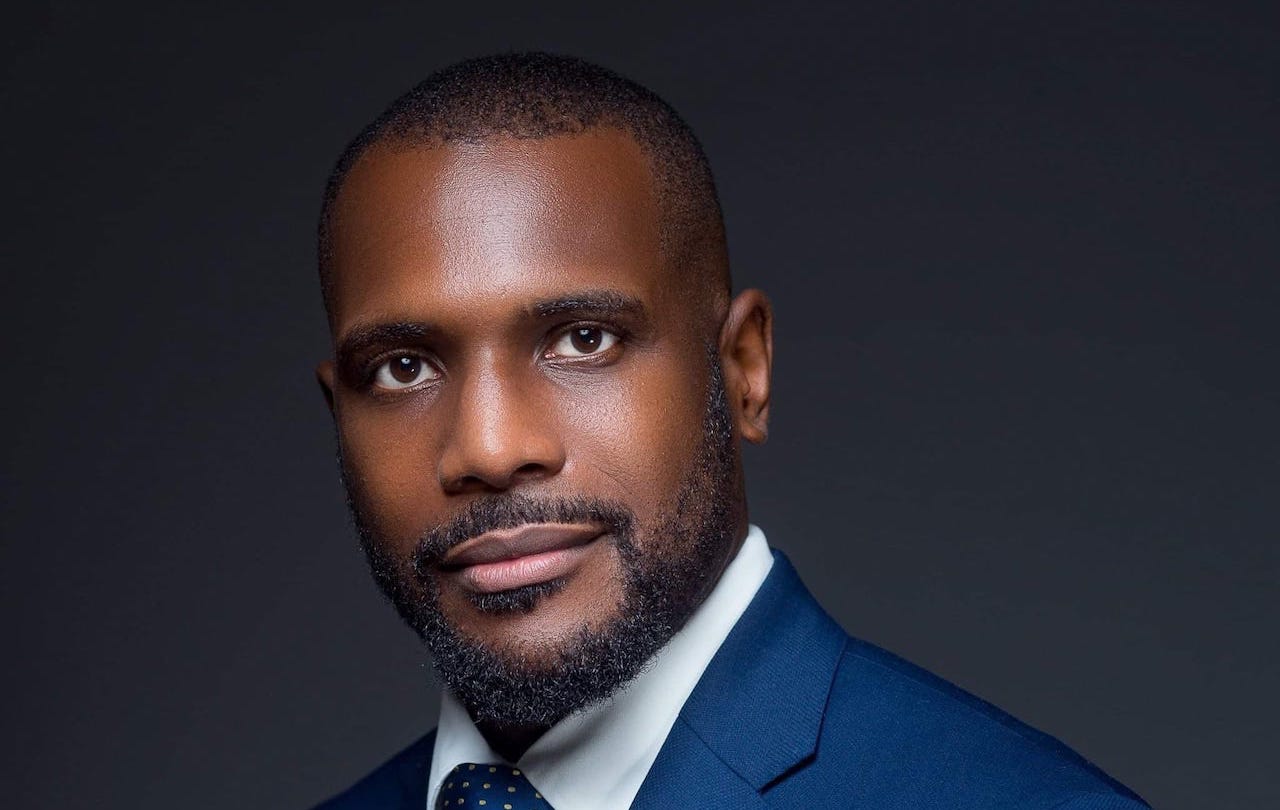Government’s recent move to encourage Barbadians to install larger renewable energy systems without acquiring a licence is not supported by the law.
The charge has come from president of the Democratic Labour Party (DLP) Dr Ronnie Yearwood, who has contended that the legislation governing the energy sector was not amended to make it lawful for persons to have renewable energy systems up to 10 kilowatts without first getting a licence.
On Wednesday Chief Energy Conservation and Renewable Energy Officer in the Ministry of Energy, William Hinds revealed that under Government’s new Householders’ Right to Renewable Energy Policy, people would be allowed to have 10 kilowatt systems without a licence.
However, Dr Yearwood told Barbados TODAY that as it currently stood, any person who did so would be in contravention of the law.
In fact, he said it was possible that the Barbados Light and Power could deny persons access to the grid if they did not have a licence since under the law, any renewable energy system above five kilowatts required a licence.
“They announced this policy that would get Barbadians to be able to afford 10 kilowatt photovoltaic systems connected to the grid and I think Government’s view is that this would allow Barbadians a share in the renewable energy market.
“However, what I realized when I had a more indepth look at it, is that the approach is wrong. They’ve announced this as a policy change but they have not changed the actual law that governs the licences and the processes for this.
“So this is the same Electric and Power Act that a few of us were critiquing when they were trying to shut out folks from being able to access the licences. This is the same law that governs the licence process,” Dr Yearwood pointed out.
“So right now the law says you don’t need a licence if your system is basically below five kilowatts but anything above you’re supposed to go through this licence process. Therefore, as it stands, the Barbados Light and Power can turn down folks trying to get these 10 kilowatt systems if they don’t apply for a licence as set out in the law. It’s one thing for them to announce a policy change but there has been no legal change to govern this system.”
Dr Yearwood said this meant that persons who acquired systems above five kilowatts without having the appropriate licence were “at the goodwill of the minister and the goodwill of the Barbados Light and Power”.
He insisted that for an initiative of this importance, Government should have ensured it was done properly and lawfully.
The DLP president contended that Government was engaging in fairytale politics.
“You either amend the law to make it clear that there is no licensing process for this and you set out clearly what you are trying to do and how you are trying to bring people into the market, not as what looks like some kind of a rushed job as a policy change but there is no actual legal change,” Dr Yearwood said.
He also suggested that very few Barbadians would benefit from the initiative because of the associated costs.
He suggested that the average price for a 10 kilowatt system was between $40 000 and $45 000 without a battery. He said if a battery backup was used it could cost above $50 000.
“How many people can pull out of their pockets right now $40 000 to $50 000 for a system to generate 10 kilowatts of electricity? I guess the question is who is this change really trying to benefit?” Dr Yearwood questioned.




